Spice Up Your Life: A Tantalizing Tour of Mexican Popular Food Traditions
Description
Welcome to a flavorful journey through the vibrant world of Mexican popular food! In this article, we'll explore the rich tapestry of flavors that define Mexican cuisine, delve into the spices that make it unique, and share practical tips for incorporating these bold tastes into your own kitchen. Whether you're a seasoned chef or a curious home cook, prepare to ignite your senses with the fiery and fragrant wonders of Mexican culinary traditions.
Table of Contents
- Introduction to Mexican Popular Food
- The Spice Cabinet of Mexico: Essential Ingredients
- Top 5 Must-Try Mexican Popular Dishes
- Cooking Like a Local: Tips for Authentic Mexican Flavor
- Buying Guide: Where to Find the Best Mexican Spices and Ingredients
- Conclusion: Embracing the Spirit of Mexican Cuisine
Introduction to Mexican Popular Food
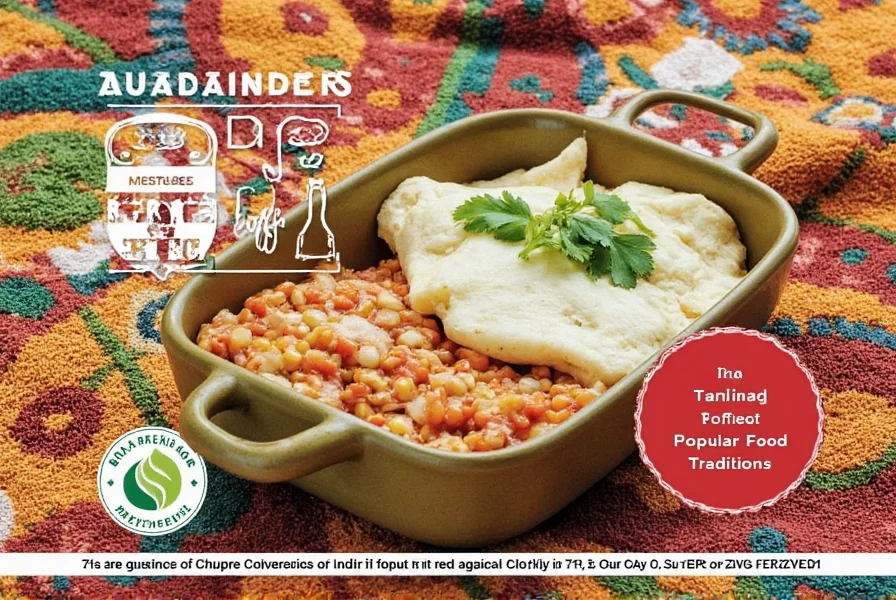
Mexican cuisine is more than just tacos and burritos—it's a UNESCO-recognized cultural heritage that tells stories through every bite. From the bustling street carts of Mexico City to the family-run fondas in rural towns, Mexican popular food (comida popular) represents the soul of everyday life.
It’s a cuisine rooted in ancient traditions, using native ingredients like corn, beans, chili peppers, tomatoes, and cacao. Over time, Spanish colonization and regional diversity have shaped a culinary landscape that’s as colorful and complex as its people.
The Spice Cabinet of Mexico: Essential Ingredients
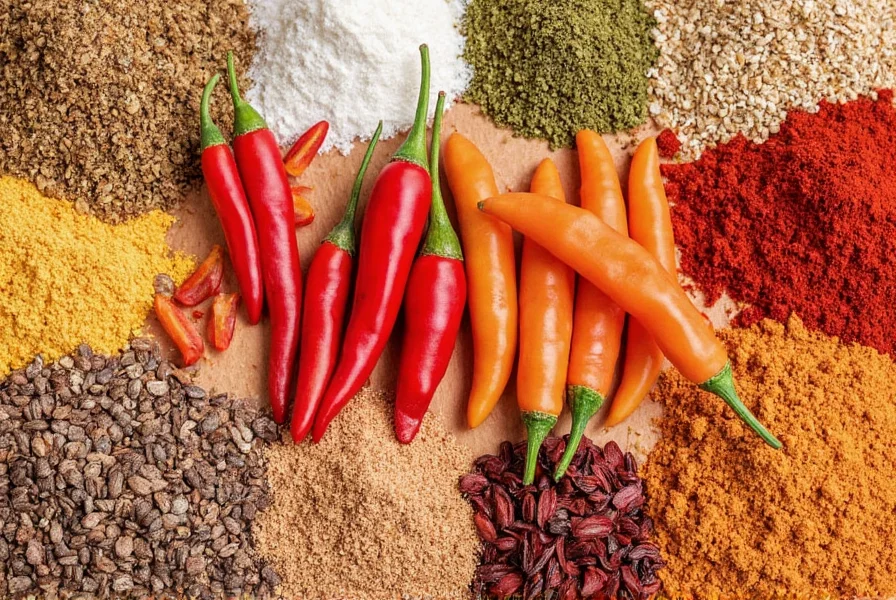
Spices are the heartbeat of Mexican cooking. Unlike some cuisines that rely on heavy seasoning, Mexican food uses a balance of fresh herbs, dried chilies, and aromatic seeds to build layers of flavor. Here are some key players:
- Ancho Chili: Sweet and smoky, often used in sauces like mole.
- Guajillo Chili: Slightly fruity with moderate heat, ideal for marinades and salsas.
- Cumin: Adds earthiness to dishes like tacos al pastor.
- Coriander (Cilantro): A divisive herb but essential for authentic flavor.
- Epazote: Used in bean dishes to reduce gas and add a unique pungency.
- Chili Powder: Often a blend of ground chilies, garlic, and oregano.
A Side-by-Side Comparison: Common Mexican Chilies
| Name | Heat Level (Scoville) | Flavor Profile | Best For |
|---|---|---|---|
| Ancho | 1,000–2,000 | Smoky, sweet | Moles, stews |
| Guajillo | 2,500–5,000 | Fruity, tangy | Salsas, marinades |
| Pasilla | 2,500–4,000 | Earthy, raisin-like | Enchiladas, moles |
| Jalapeño | 2,500–8,000 | Grassy, crisp | Salsas, nachos |
| Hatch Green Chile | Varies by roast | Nutty, spicy | Chiles rellenos, stews |
Top 5 Must-Try Mexican Popular Dishes
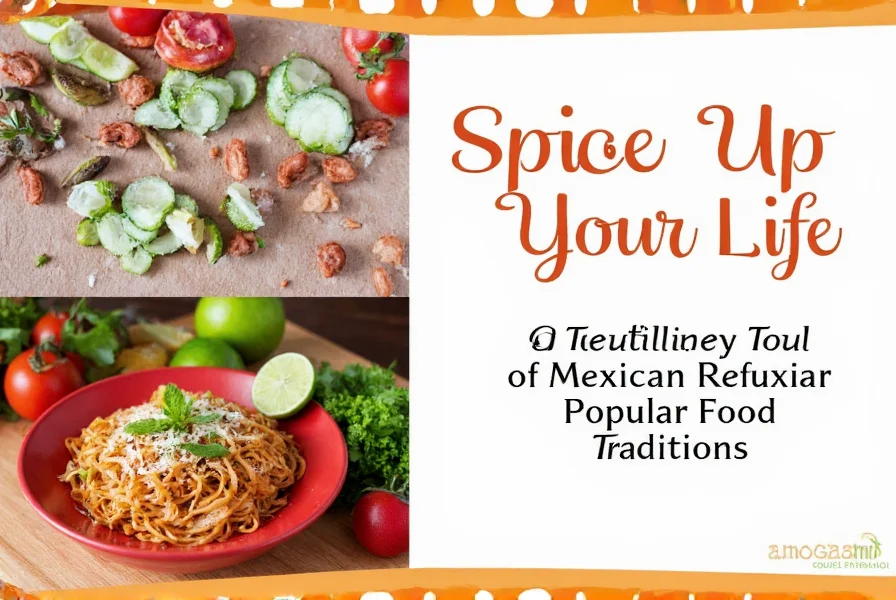
Let’s take a savory detour through some of the most beloved Mexican dishes you must experience:
- Tacos al Pastor: Inspired by Lebanese shawarma, this dish features marinated pork cooked on a vertical spit and served on soft corn tortillas.
- Chiles Rellenos: Stuffed poblano peppers filled with cheese, meat, or vegetables, battered and fried.
- Enchiladas: Corn tortillas rolled around fillings and topped with a chili sauce—usually red or green.
- Barbacoa: Slow-cooked beef or lamb traditionally steamed underground, now often found in tacos.
- Mole Poblano: A complex sauce made from chocolate, chilies, nuts, and spices—served over turkey or chicken.
Cooking Like a Local: Tips for Authentic Mexican Flavor

Bringing authentic Mexican flavor into your kitchen doesn’t require a trip to Oaxaca. With a few simple techniques and ingredient swaps, you can replicate those iconic flavors right at home. Here are our top tips:
- Toast Your Spices: Warming dried chilies or whole spices in a dry pan enhances their aroma and depth.
- Roast Your Tomatoes: Roasting adds a smoky sweetness to salsas and sauces.
- Use Lard When Possible: While not mandatory, lard gives traditional pastries and refried beans an unbeatable texture.
- Make Your Own Tortillas: Store-bought is okay, but homemade corn tortillas elevate any taco night.
- Add Fresh Herbs Last: Cilantro and epazote lose potency when overcooked, so toss them in at the end.
Buying Guide: Where to Find the Best Mexican Spices and Ingredients
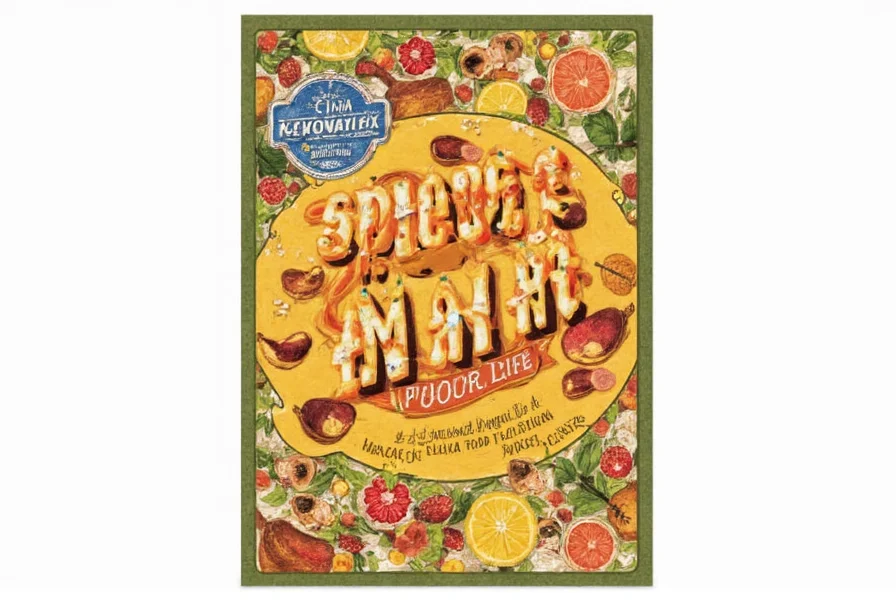
Finding quality Mexican ingredients is easier than ever, whether you're shopping online or hitting up your local mercado. Below is a guide to sourcing key items:
Top 5 Products You Should Try
| Product | Features | Advantages | Best For |
|---|---|---|---|
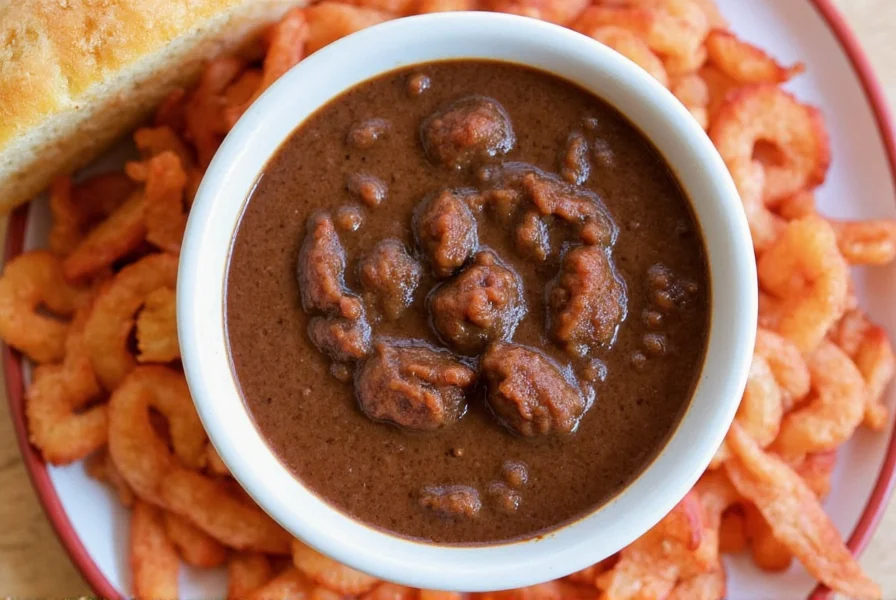 |
Packaged mole paste made from roasted chilies, spices, and cocoa | Saves time without sacrificing flavor; easy to rehydrate | Quick moles, soups, and braises |
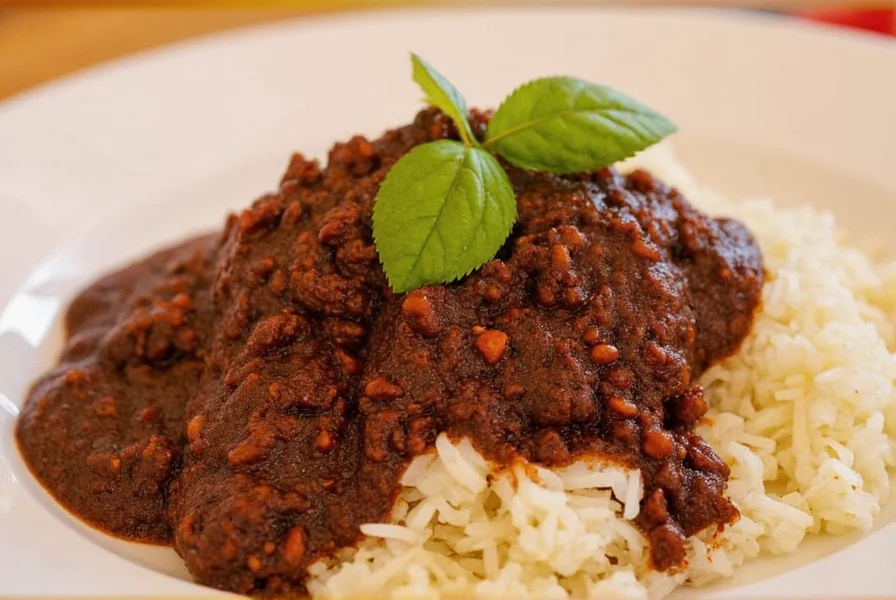 |
Assorted dried chilies including ancho, guajillo, pasilla | Versatile for making sauces, salsas, and spice blends | Making homemade adobo or mole |
 |
Pre-cooked corn flour for making tortillas and tamales | Essential for authentic tortillas; long shelf life | Taco nights, tamales, pupusas |
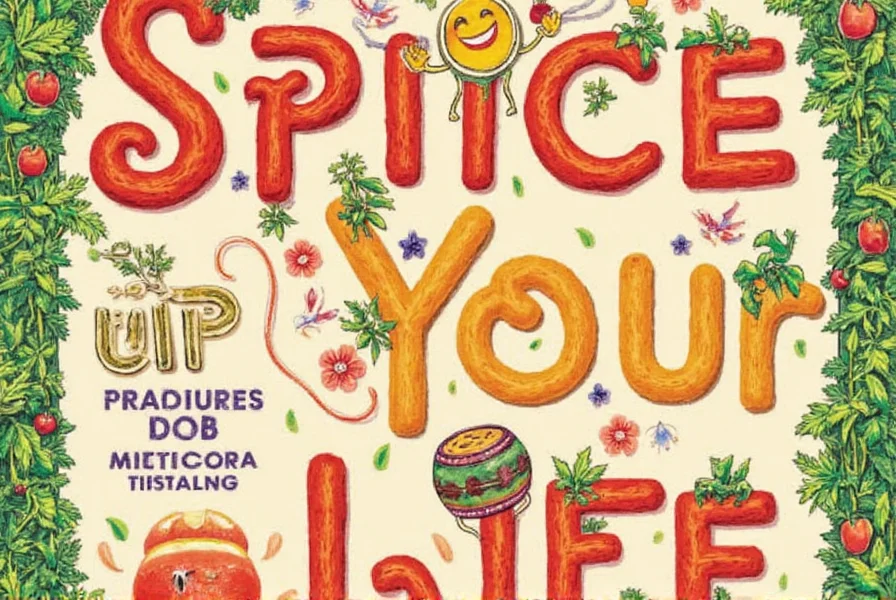 |
Smoked jalapeños in a tangy tomato-based sauce | Adds deep smokiness to soups, sauces, and marinades | Adding heat and flavor to beans, meats, dressings |
 |
Mexican cinnamon sticks (different from cassia) | Delicate, floral aroma perfect for desserts and drinks | Hot chocolate, arroz con leche, coffee |
Conclusion: Embracing the Spirit of Mexican Cuisine
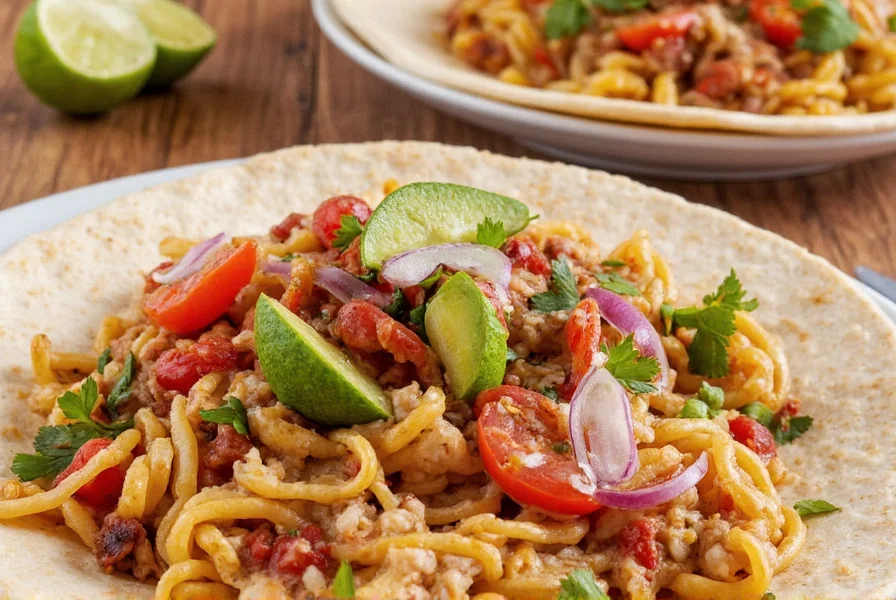
Mexican popular food isn’t just about what’s on the plate—it’s about community, celebration, and the joy of sharing meals with loved ones. By embracing the spices, techniques, and traditions outlined here, you’ll be well on your way to creating bold, delicious dishes that bring a taste of Mexico to your table.
Whether you're hosting a fiesta or enjoying a quiet taco Tuesday at home, let the spirit of Mexican cuisine inspire your next culinary adventure. ¡Buen provecho!

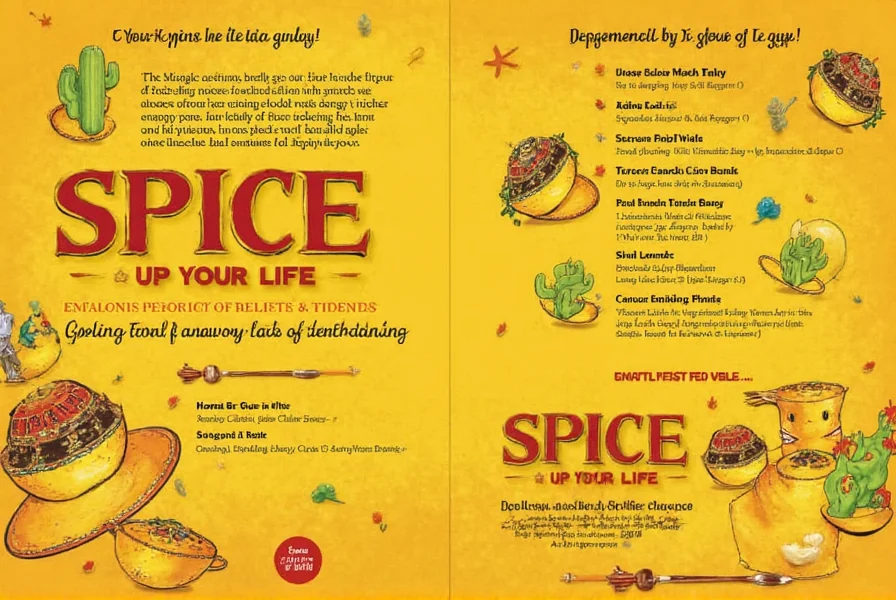









 浙公网安备
33010002000092号
浙公网安备
33010002000092号 浙B2-20120091-4
浙B2-20120091-4